eBooks
Find projectable, interactive ebooks at the following sites. The Curriculum Lab offers ebook subscriptions you can access. Use Curriculum Lab logins on Curr Lab Passwords List provided to Faculty of Education students, or enter U of L login if prompted. Contact us to request login information if needed.
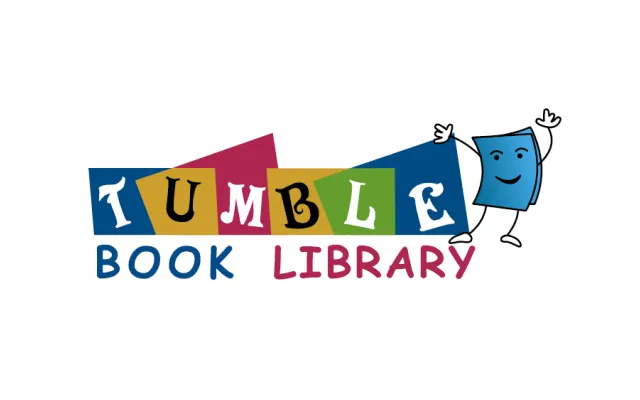
Tumble Book Library
A collection of 300+ animated, talking picture books and 40+ chapter books (Including some French and Spanish titles). It also includes puzzles, games, and resources for teachers
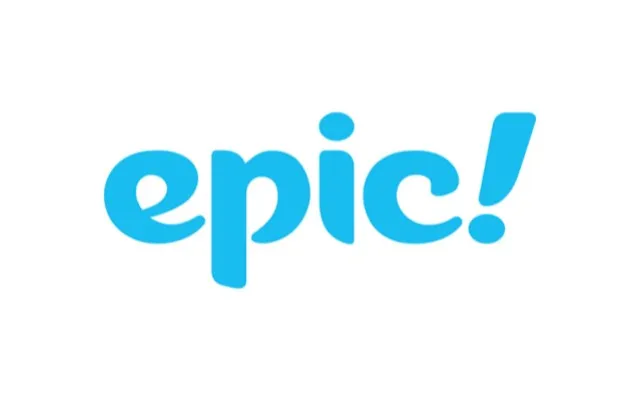
epic! ebooks
High quality, current literature titles. Free for Educators! Sign up as a teacher using your practicum class information or using Uleth (public) as your school.
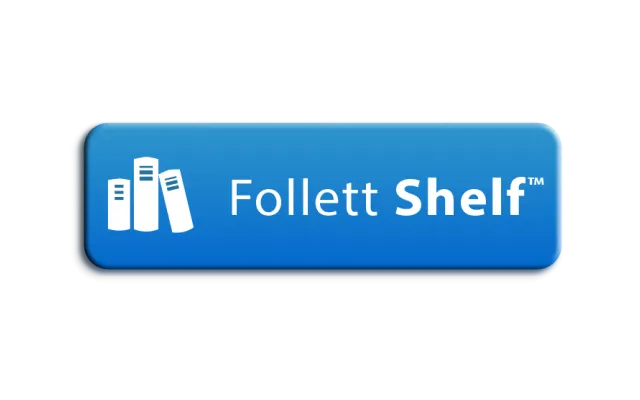
Follett Shelf
Fiction and non-fiction ebooks to share with your students, grades K-8. Access with Curriculum Lab user name and password.
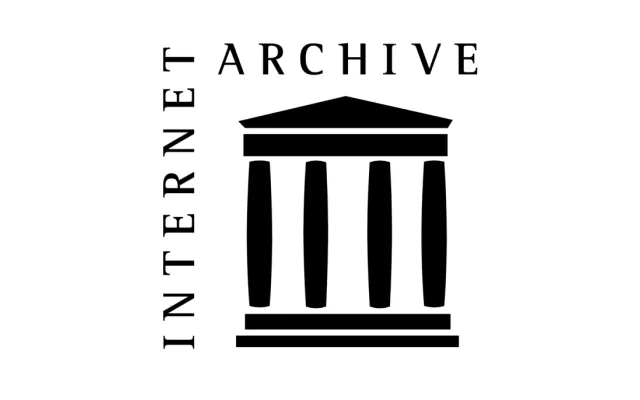
Universal School Library
Borrow online from a growing collection of digitized children's and young adult literature. Titles are recommended by grade level. The project is part of Internet Archive's initiative to increase equitable access to education.
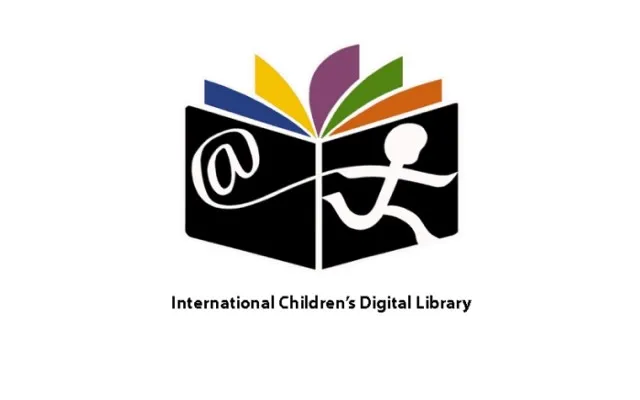
International Children's Digital Library
World's largest e-collection of literature from a wide variety of countires and cultures. Tends to be more historical in nature (free, out of copyright).
Public Library Access
As a teacher, you will rely on subscriptions provided by your school district. The Public Library is also an amazing, affordable resource for teachers. Memberships are either free or low cost. You will need an individual membership to access the following ebook resources through your public library. The TAL card does not include electronic resources.
Hoopla
Digital media service that allows you to borrow movies, music, audiobooks, ebooks, comics and TV shows to enjoy on your computer, tablet, or phone. Sign up for free using your Chinook Arch library card.
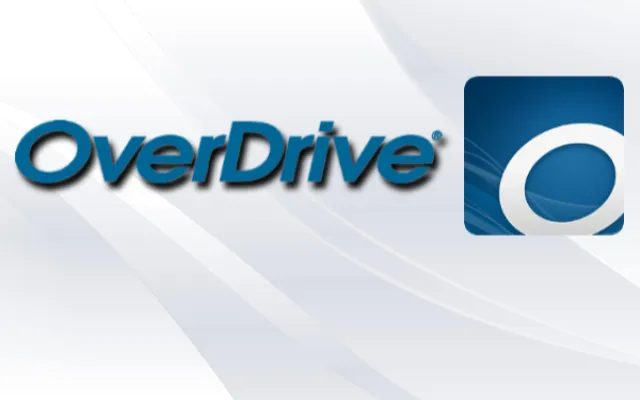
OverDrive
Borrow and read free ebooks, audiobooks, and magazines from your library using your phone or tablet. Lethbridge Public Library or Chinook Arch Membership required for link below (TAL cards do not include electronic resources). Other Library Systems such as Calgary Public, Marigold and Shortgrass also offer access.
Why use eBooks in the classroom?
- eBooks are another way to integrate information and communication technologies into current literacy programs, something Alberta Education requires across the curriculum.
- Readers have more choice to customize settings to meet their individual needs.
- The text sizes can be adjusted, and sometimes the text can be rearranged and manipulated, which can add extra personal meaning for the reader.
- With the use of hyperlinks in some eBooks, students can be given more choice as to the outcome of their story, which can make the story more interactive than a traditional book.
- For research purposes, many eBooks allow readers to search for keywords or phrases within a title.
- Many eBooks have a text-to-speech feature, which allow the reader to listen to an audio version of the text, including automatic highlighting of the text as the audio version progresses.
- A built-in dictionary in many eBooks means students can quickly check on meanings of words, check pronunciation, "chunk" the words so they can be read more easily, etc.
- Many eBooks have a "notes" feature, so students can add their thoughts and ideas as they read the text online. This may assist the reader with understanding the story, adding personal meaning and questioning.
- In our technologically savvy society, eBooks give a new "look" to books. The technological format can be a motivator for otherwise reluctant readers.
- Some eBooks are animated versions of the original, adding another dimension to the print version.
Ash, K. (2010). Schools test e-reader devices with dyslexic students.Retrieved March 2, 2010, from the Education Week website: http://www.edweek.org/dd/articles/2010/10/20/01dyslexia.h04.html.
Dean, D. (2010). Bridging the gap between print and online: picture books and electronic texts. Classroom Connections, March 2010, 14-16.
Larson, L.C. (2010). Digital readers: the next chapter in e-book reading and response. Reading Teacher, 64(1), 15-22. Retrieved from EBSCOhost.
by Bill Glaister, Faculty of Education Curriculum Lab Coordinator, 2013
For information questions, general inquiries, or circulation questions, phone the Curriculum Laboratory Information Service Desk at 403-329-2288, or ask your question online.
